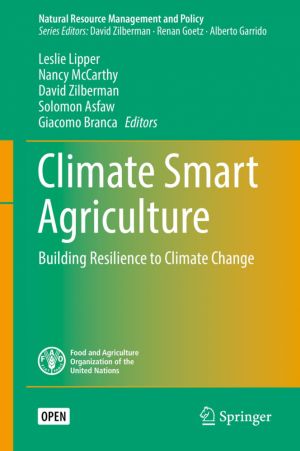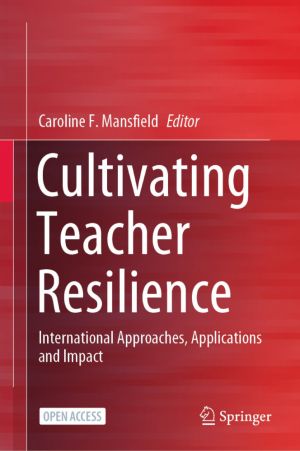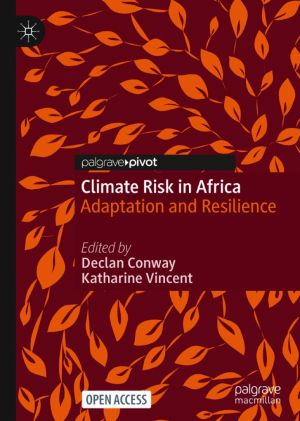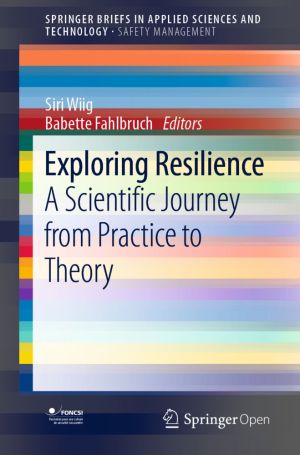Exploring Resilience
A Scientific Journey from Practice to Theory
by Siri Wiig, Babette Fahlbruch
DescriptionDetailsHashtagsReport an issue 






Book Description
Resilience has become an important topic on the safety research agenda and in organizational practice. Most empirical work on resilience has been descriptive, identifying characteristics of work and organizing activity which allow organizations to cope with unexpected situations. Fewer studies have developed testable models and theories that can be used to support interventions aiming to increase resilience and improve safety. In addition, the absent integration of different system levels from individuals, teams, organizations, regulatory bodies, and policy level in theory and practice imply that mechanisms through which resilience is linked across complex systems are not yet well understood. Scientific efforts have been made to develop constructs and models that present relationships; however, these cannot be characterized as sufficient for theory building. There is a need for taking a broader look at resilience practices as a foundation for developing a theoretical framework that can help improve safety in complex systems.This book does not advocate for one definition or one field of research when talking about resilience; it does not assume that the use of resilience concepts is necessarily positive for safety. We encourage a broad approach, seeking inspiration across different scientific and practical domains for the purpose of further developing resilience at a theoretical and an operational level of relevance for different high-risk industries. The aim of the book is twofold:1. To explore different approaches for operationalization of resilience across scientific disciplines and system levels.2. To create a theoretical foundation for a resilience framework across scientific disciplines and system levels.By presenting chapters from leading international authors representing different research disciplines and practical fields we develop suggestions and inspiration for the research community and practitioners in high-risk industries.This open book is licensed under a Creative Commons License (CC BY). You can download Exploring Resilience ebook for free in PDF format (2.3 MB).
Book Details
Title
Exploring Resilience
Subject
Engineering and Technology
Publisher
Springer
Published
2019
Pages
126
Edition
1
Language
English
ISBN13
9783030031886
ISBN10
3030031888
ISBN13 Digital
9783030031893
ISBN10 Digital
3030031896
PDF Size
2.3 MB
License

Related Books

The book uses an economic lens to identify the main features of climate-smart agriculture (CSA), its likely impact, and the challenges associated with its implementation. Drawing upon theory and concepts from agricultural development, institutional, and resource economics, this book expands and formalizes the conceptual foundations of CSA. Focusing...

This open book follows the development of the Building Resilience in Teacher Education (BRiTE) project across Australia and internationally. Drawing on the success of this project and the related research collaborations that have since emerged, it highlights the importance of cultivating resilience at various stages of teachers' careers.
Divi...

This open book highlights the complexities around making adaptation decisions and building resilience in the face of climate risk. It is based on experiences in sub-Saharan Africa through the Future Climate For Africa (FCFA) applied research programme. It begins by dealing with underlying principles and structures designed to facilitate effective e...

With Kubernetes came many new concepts, particularly around networking and traffic management. Alongside these new concepts were entirely new classes of tools, designed for ephemeral, containerized, and distributed application deployments. In particular, Ingress controllers and service meshes did not exist prior to the Kubernetes era. Nor were Laye...

This book focuses on nuclear engineering education in the post-Fukushima era. It was edited by the organizers of the summer school held in August 2011 in University of California, Berkeley, as part of a collaborative program between the University of Tokyo and UC Berkeley. Motivated by the particular relevance and importance of social-scientific ap...

This book asks just how climate-smart our food really is. It follows an average day's worth of food and drink to see where it comes from, how far it travels, and the carbon price we all pay for it. From our breakfast tea and toast, through breaktime chocolate bar, to take-away supper, Dave Reay explores the weather extremes the world's fa...

